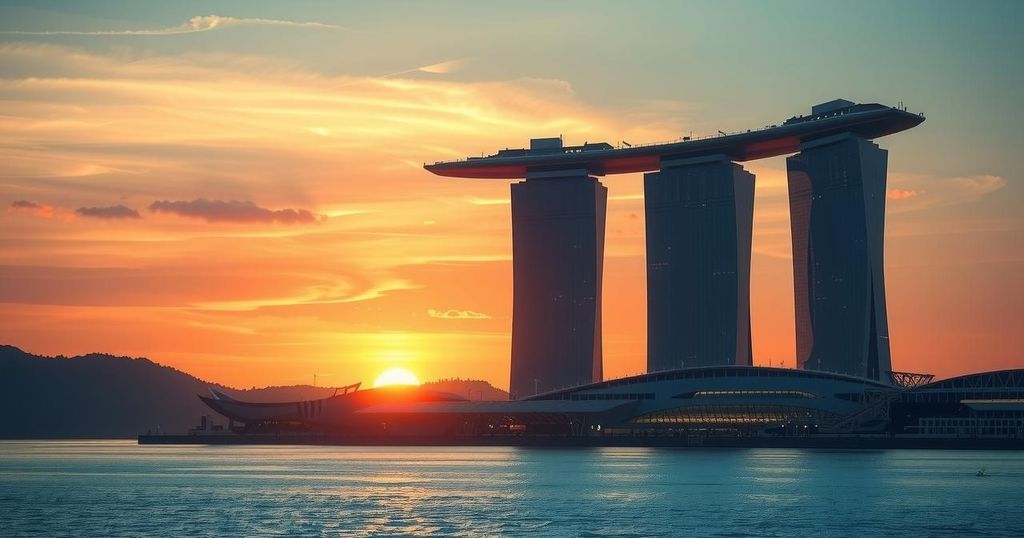Ahmed al-Shara, previously known as Abu Mohammed al-Jolani, has transitioned from leading an Al Qaeda-affiliated group during Syria’s civil war to becoming the country’s new president. He has adopted a diplomatic approach, aiming to rebuild Syria and promote democratic governance, despite skepticism about his past beliefs and intentions.
Ahmed al-Shara, formerly known as Abu Mohammed al-Jolani, has transitioned from a commander of an Al Qaeda-affiliated rebel group in Syria to the new president of the country. During the civil war, he promoted jihadist ideology, welcomed foreign militants, and sought to establish an Islamic state. A decade ago, he expressed that Muslims should not acknowledge a man-made constitution, emphasizing a divine rule instead. Following the ousting of Bashar al-Assad in December, Mr. al-Shara has rebranded himself and adopted a diplomatic approach to governance.
Now, as president, Mr. al-Shara has exchanged military attire for formal suits and is engaging in a campaign to gain the trust of the international community and Syrian citizens alike. He asserts his commitment to rebuilding Syria and steering it towards a democratic framework, suggesting that public choice in leadership aligns with democratic principles. His statements reflect a significant shift in focus from his fundamentalist origins, leaving many perplexed about his true intentions for the nation.
The juxtaposition of Mr. al-Shara’s jihadist background with his contemporary nationalistic posture raises critical questions among Syrians and global leaders regarding his governance style and underlying beliefs. The ongoing transformation of this former militant into a head of state highlights a complex reality in a region marked by conflict and ideological divides, necessitating careful observation and analysis from external observers.
Mr. Ahmed al-Shara’s evolution from jihadist commander to the president of Syria marks a significant political shift in the region. His attempts to distance himself from his past while advocating for a future aligned with democratic principles have generated intrigue and skepticism. As he embarks on the challenging task of nation-building, international stakeholders remain watchful for the authenticity of his commitment to governance and the state’s direction under his leadership.
Original Source: www.nytimes.com




